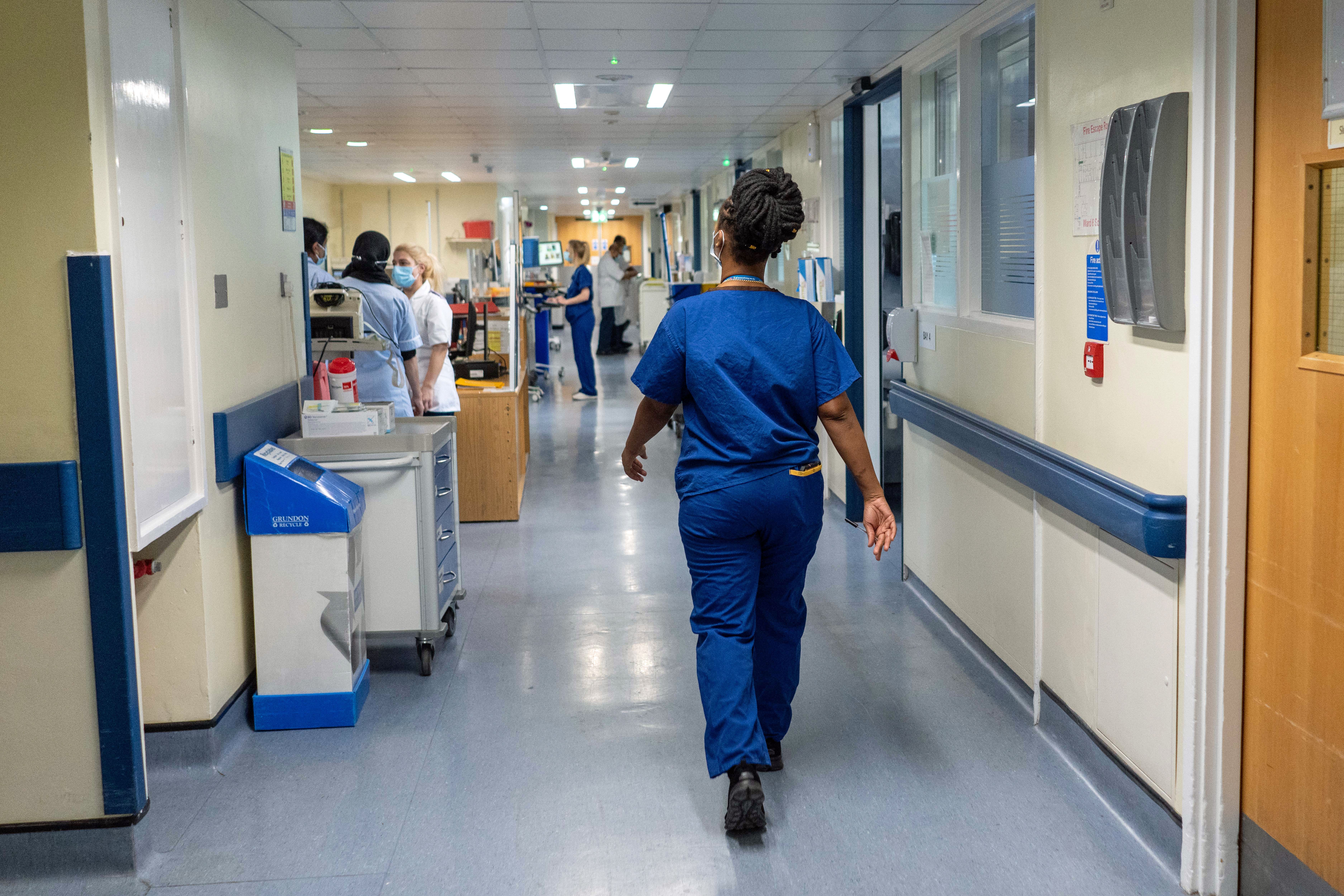New immunotherapy drug shows promise as cancer treatment, research suggests
Immunotherapy works by stimulating the body’s natural defence system to attack cancer.

Your support helps us to tell the story
From reproductive rights to climate change to Big Tech, The Independent is on the ground when the story is developing. Whether it's investigating the financials of Elon Musk's pro-Trump PAC or producing our latest documentary, 'The A Word', which shines a light on the American women fighting for reproductive rights, we know how important it is to parse out the facts from the messaging.
At such a critical moment in US history, we need reporters on the ground. Your donation allows us to keep sending journalists to speak to both sides of the story.
The Independent is trusted by Americans across the entire political spectrum. And unlike many other quality news outlets, we choose not to lock Americans out of our reporting and analysis with paywalls. We believe quality journalism should be available to everyone, paid for by those who can afford it.
Your support makes all the difference.A new class of immunotherapy could offer hope to cancer patients who do not respond to existing treatments, research suggests.
The study found the drug, called MOv18 IgE, shrank a tumour in a patient with ovarian cancer and reported that it was well tolerated in patients.
The scientists suggest their findings could pave the way for a completely new type of anti-cancer drug for people with chemotherapy-resistant cancers.
The study by researchers from King’s College London and Guy’s and St Thomas’ NHS Foundation Trust, and funded by Cancer Research UK, tested whether a type of antibody called IgE could be used to treat human cancer.
The results pave the way to development of an entirely new class of anti-cancer drug for people with chemotherapy-resistant cancers
Immunotherapy works by stimulating the body’s natural defence system to attack cancer.
Existing antibody drugs used in cancer belong to an antibody type called IgG, but IgE antibodies have not been tested in humans before.
IgE antibodies evolved to target parasites like worms and flukes, and IgG antibodies are involved in attacking bacteria and viruses in the body.
Lead author on the study, Professor James Spicer, professor of experimental cancer medicine at King’s College London and Consultant in Medical Oncology at Guy’s and St Thomas’ NHS Foundation Trust (GSTT), said: “IgE is a completely new form of antibody therapy which has shown great promise in this Phase I trial.
“Our findings show that the drug was well tolerated in patients and shrunk a cancerous tumour in a patient with ovarian cancer.
“The results pave the way to development of an entirely new class of anti-cancer drug for people with chemotherapy-resistant cancers.
“The immunology expertise in King’s College London laboratories allowed us to undertake this trial of a completely new form of antibody therapy.”
Immunotherapy has shown enormous potential recently but there are still people with cancer who do not respond to conventional therapy
Co-author Sophia Karagiannis, professor of translational cancer immunology and immunotherapy at King’s College London, said: “Immunotherapy has shown enormous potential recently but there are still people with cancer who do not respond to conventional therapy.
“This trial builds on our previous work into the biology of IgE, including experiments in the laboratory suggesting that IgE could be an effective treatment that can offer additional benefits to complement those of established IgG antibodies in the clinic.
“While we are still in the early stage of trials, our next steps will be to evaluate IgE in larger and different groups of patients and to continue studying how IgE antibodies are able to wake up the patient’s immune system to fight different cancers.”
The MOv18 IgE antibody was discovered and developed at King’s College London, in collaboration with IRCCS Instituto Nazionale dei Tumori, Milan, Italy, and clinically tested by the Experimental Cancer Medicine Centre based at Guy’s Hospital.
The study, funded and sponsored by Cancer Research UK, is published in Nature Communications.